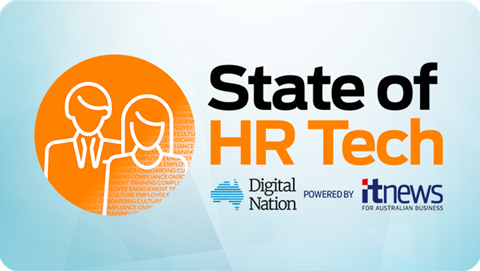Transformation driven by innovation, in any organisation relies on an innovative culture, says Baker McKenzie’s chief innovation officer Ben Allgrove.
Allgrove leads the firm’s innovation efforts, encompassing organisational transformation, digitisation and the future of legal services, including both product and delivery.
According to Allgrove, the firm’s philosophy around innovation has evolved.
“We tried to avoid the word innovation. It is almost a big signal that you're not an innovative organisation or an innovative culture if you need to have teams of innovation and labs and things like that. But we did try that model. What we found was actually that if you did it that way, the perception within the business was that somebody else was doing it,” says Allgrove.
“And so it didn't work as well as we had hoped it would work.”
In order to encourage all teams to build a culture of innovation in their own practice, the organisation has undergone a number of governance changes, putting people at the core of the innovation strategy.
“I can suggest ideas. I can inspire. I can advocate for certain courses. I can look out to the market and I can talk to our people and say, this is what we need to do. But at the end of the day, the prioritisation needs to be taken by the people that control the money. And then once they prioritise, we need to allocate resource to it,” says Allgrove.
“I think that's the big shift that we have gone from a culture of facing the innovators in the business and putting them in the little club and saying, ‘go and innovate’ to actually coming back to the business leaders and saying, ‘it's your job to innovate’.”
Allgrove says that Baker McKenzie’s response to the pandemic was “surprisingly good”, reflecting the years of investment in setting up the firm’s technology infrastructure.
“The culture change prior to that about saying to what is a relatively conservative profession, you know, ‘shift away from the telephone, shift away from the in-person’. We had video calling, we had messaging, we had all those sorts of functionalities before, but the adoption rates were relatively low, other than in our younger cohorts. And within a week that changed.”
“Now that rollout was only made possible because a lot of people had done a lot of planning and work beforehand and had the building blocks in place.”
In person contact has always been core to Baker McKenzie’s business model, and the firm felt the cultural impact of COVID on the business.
“That consensus driving a partnership model has been crucial to the cultural organisation and its success. And so you take that away and you end up in a culture where you ended up in a practical day-to-day, which is much more transactional rather than relationships based. And so you can get business done, you can do the client work, you can do the internal conversation, but everything's scheduled it's agendaed.”
“You don't get the coffee break conversations. You don't get the beer at the bar afterwards. You don't get the dinner with your colleagues to just chat things through and smooth out some of the things that might've been difficult in the actual conversation, or come up with ideas that are harder to come up with in a zoom culture.”
The next step is to decide which elements of the in-person culture does the firm want to bring back and which parts do they want to leave behind.
“We saved a lot of money by not doing it the way we used to do it and that hasn't been lost on our managers and our partners when they look at the sheets.”
“The core thing is we have to get a piece of that in-person culture back. We have to figure out what agile working means going forward.”


_(28).jpg&h=140&w=231&c=1&s=0)

_(20).jpg&h=140&w=231&c=1&s=0)






 iTnews Executive Retreat - Security Leaders Edition
iTnews Executive Retreat - Security Leaders Edition
 iTnews Benchmark Awards 2026
iTnews Benchmark Awards 2026
 iTnews Cloud Covered Breakfast Summit
iTnews Cloud Covered Breakfast Summit
 The 2026 iAwards
The 2026 iAwards












_(1).jpg&h=140&w=231&c=1&s=0)



